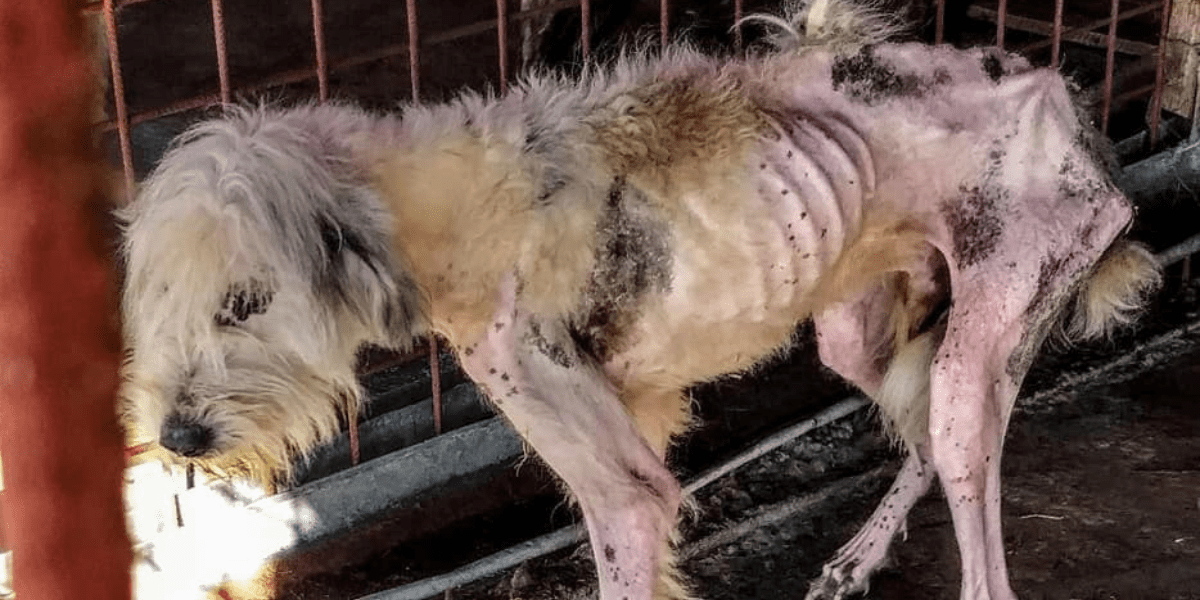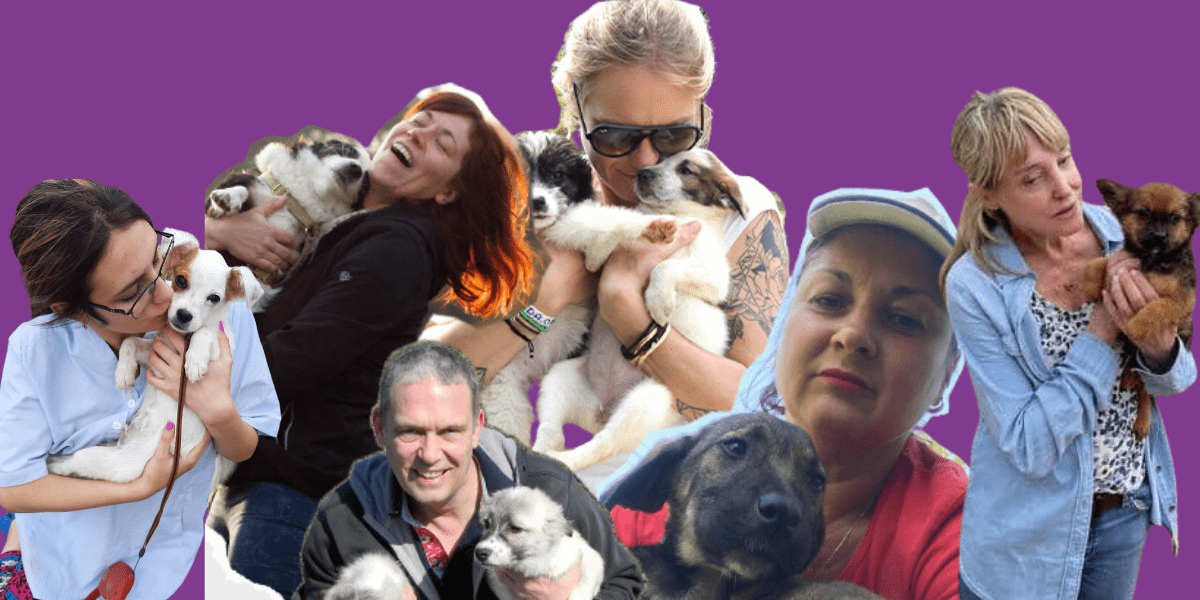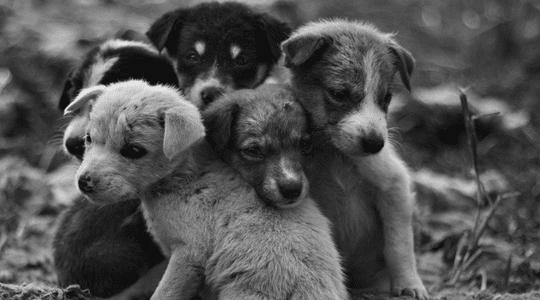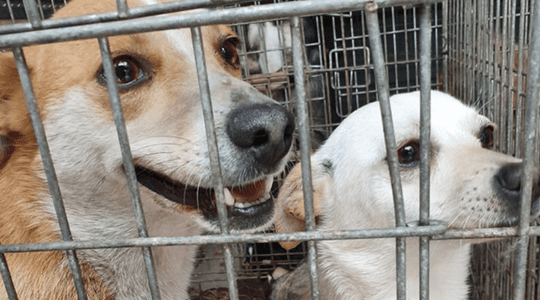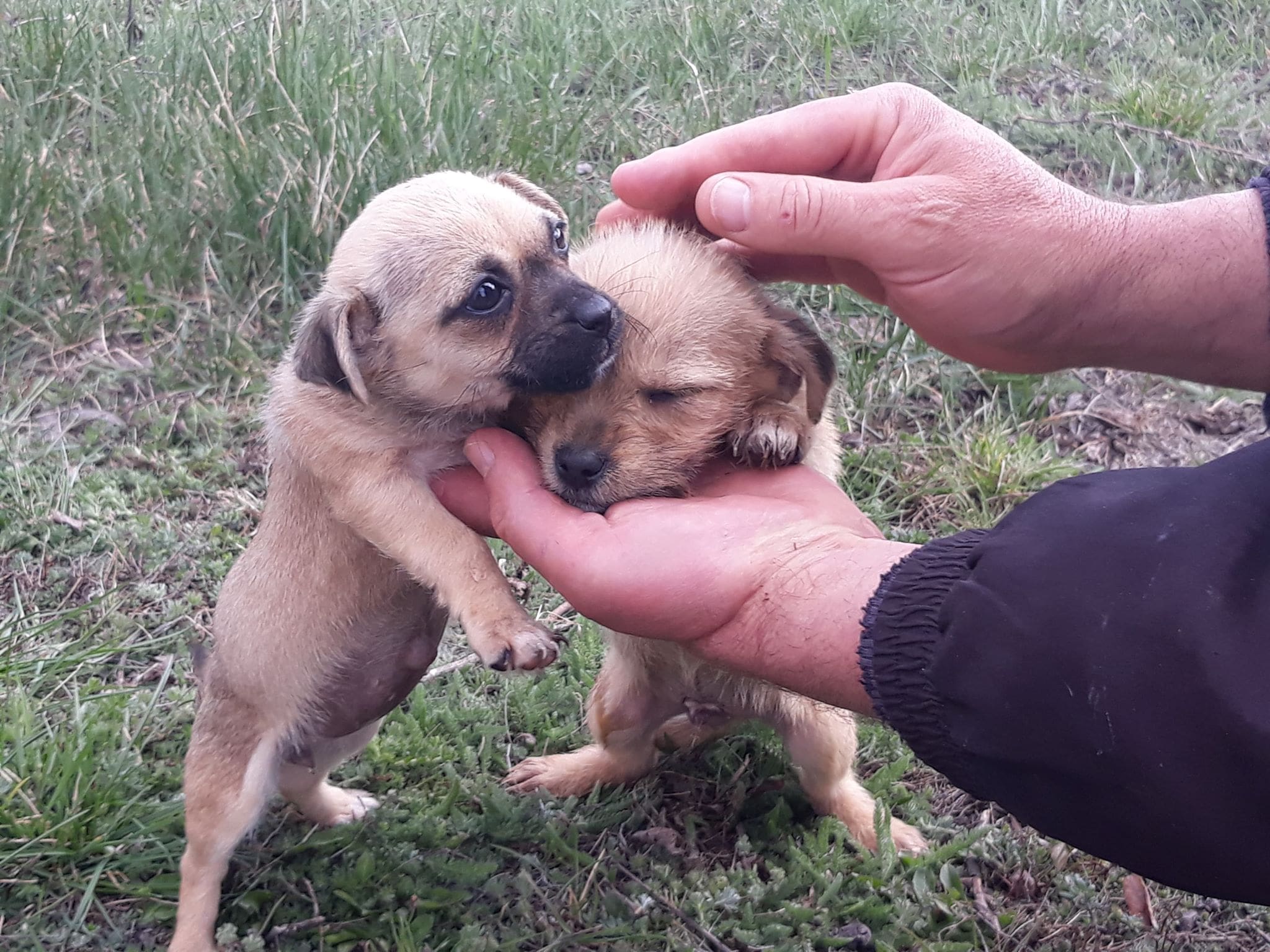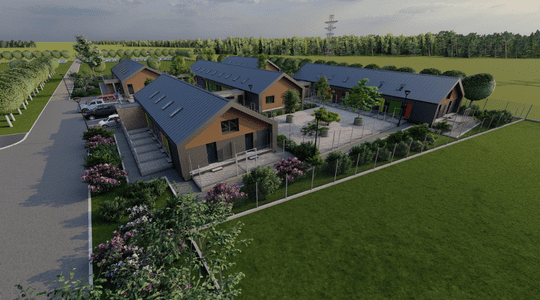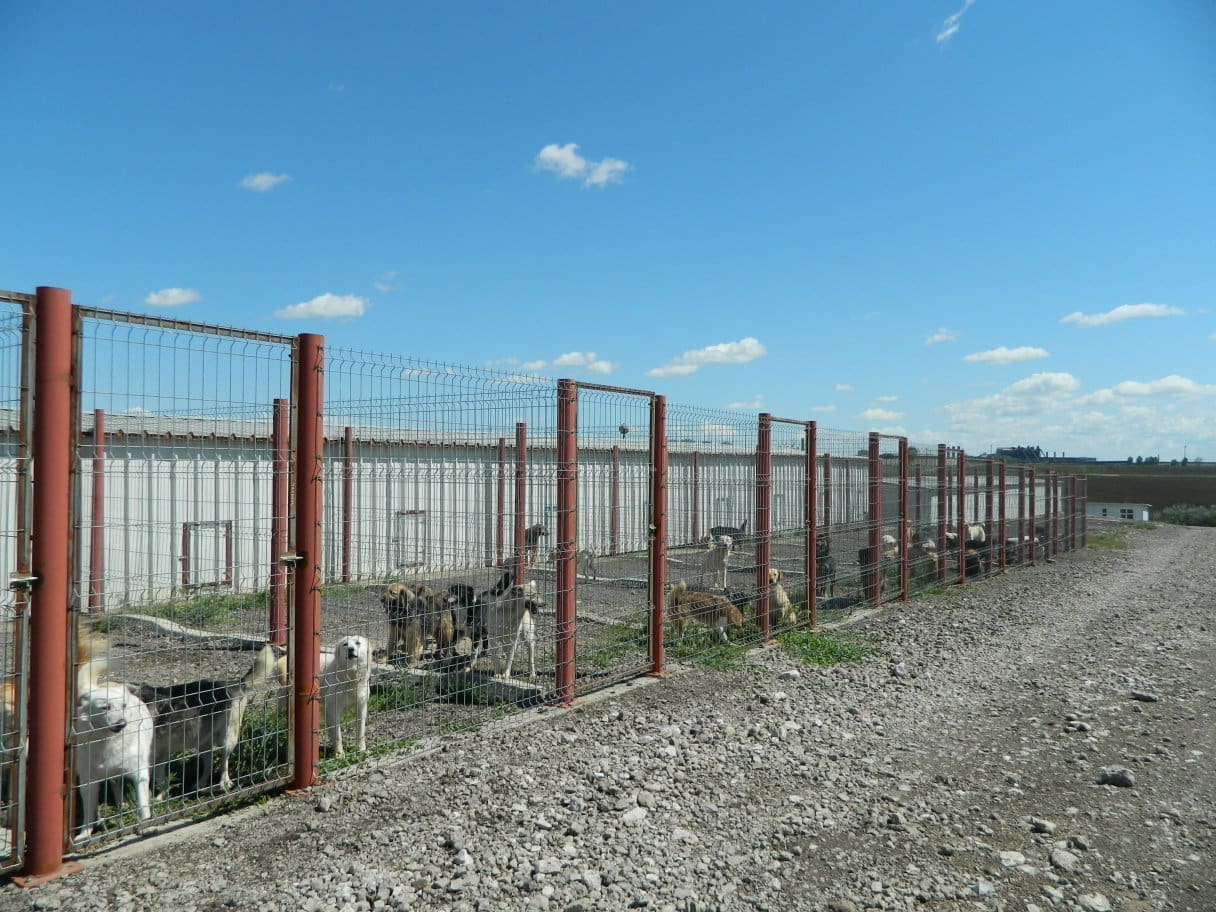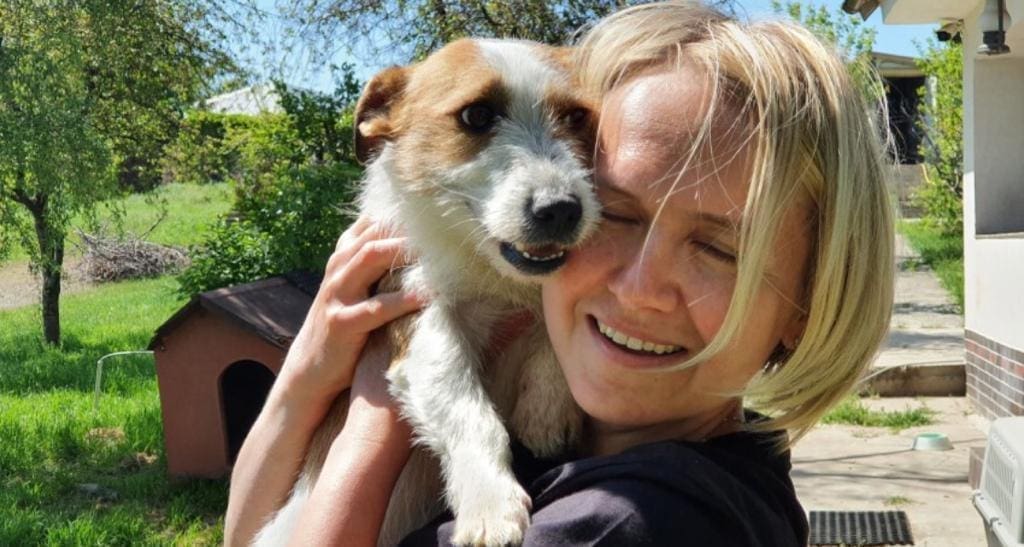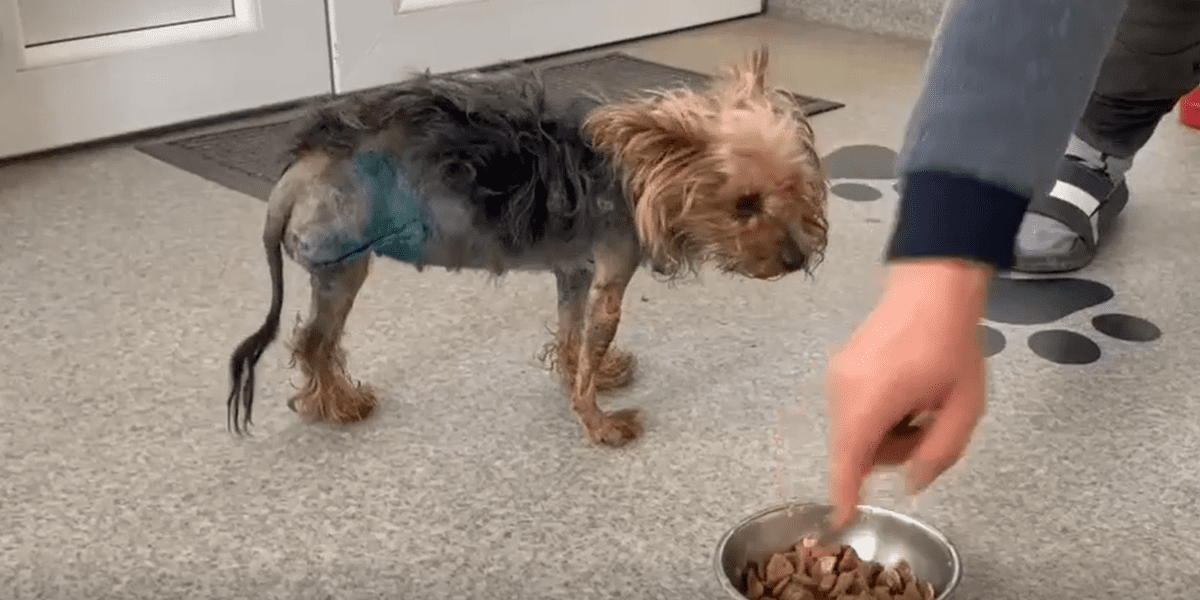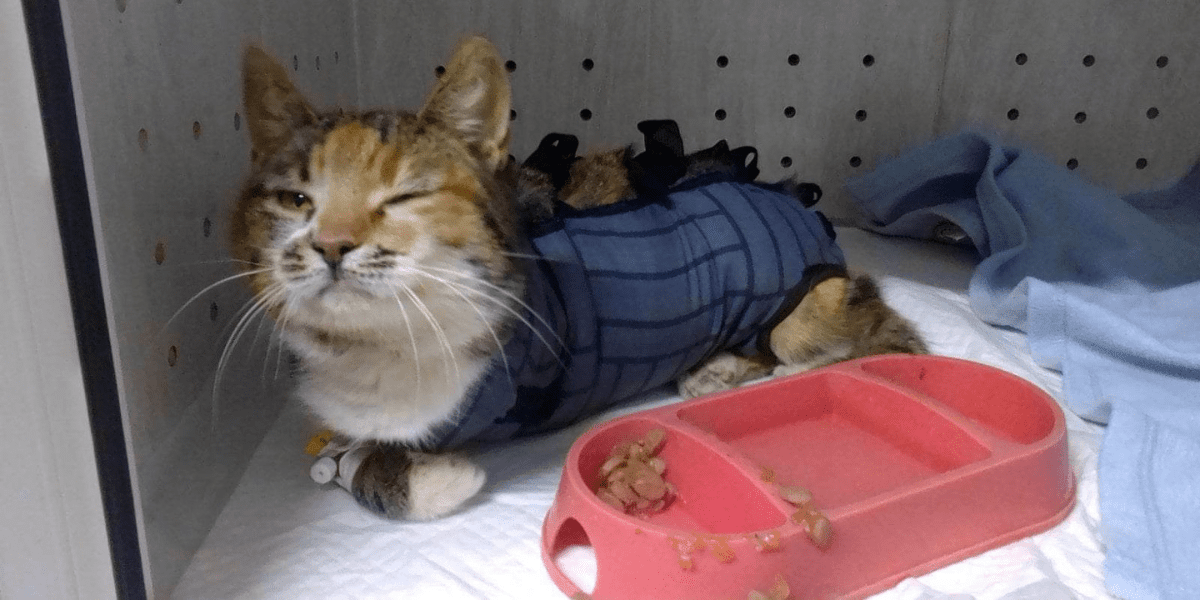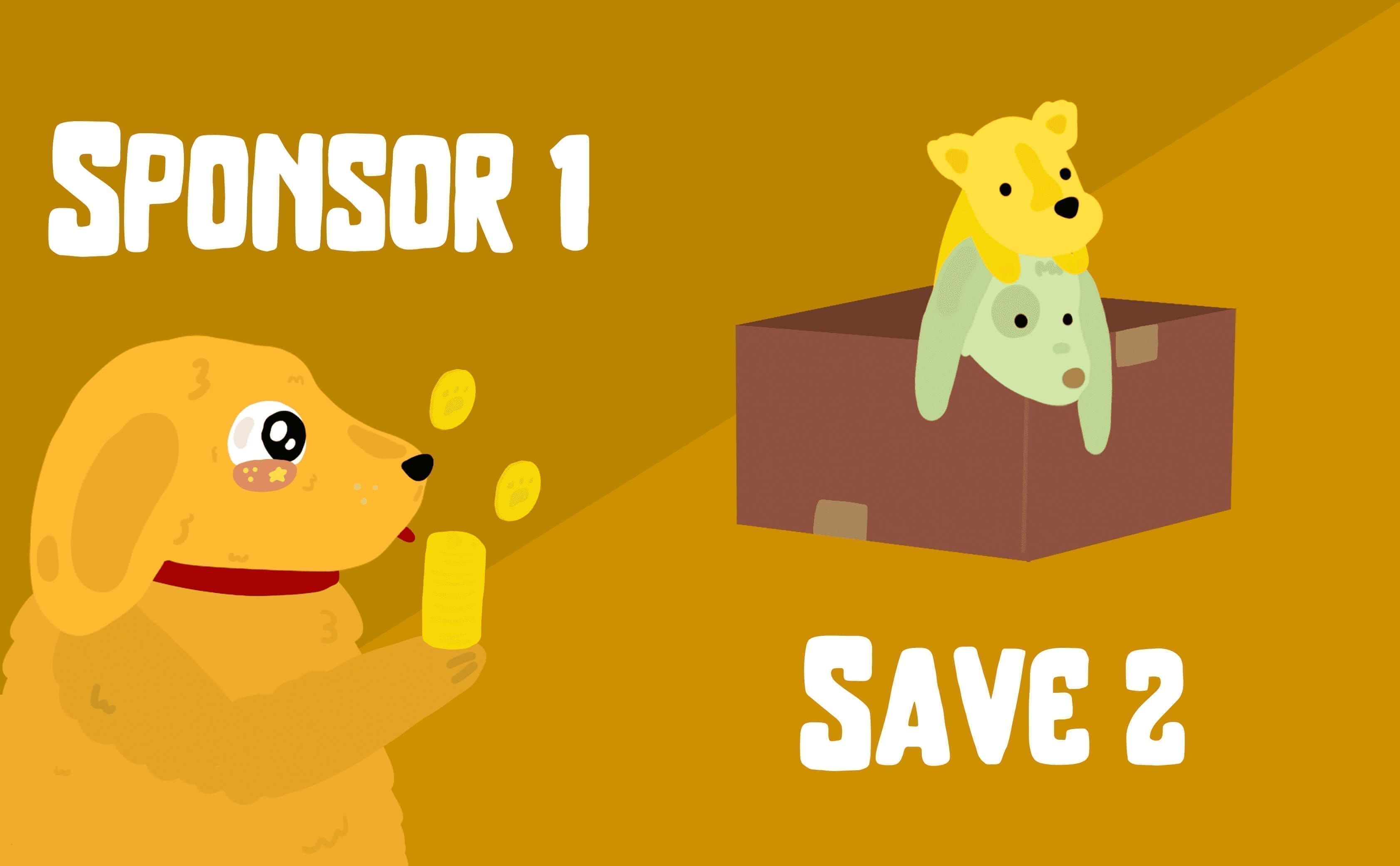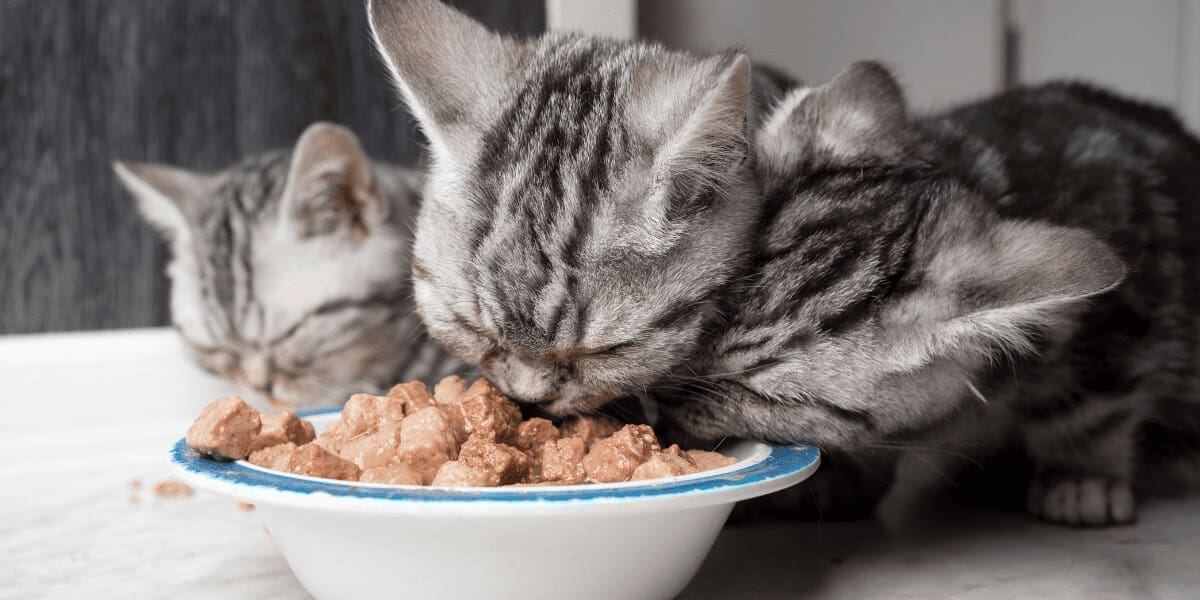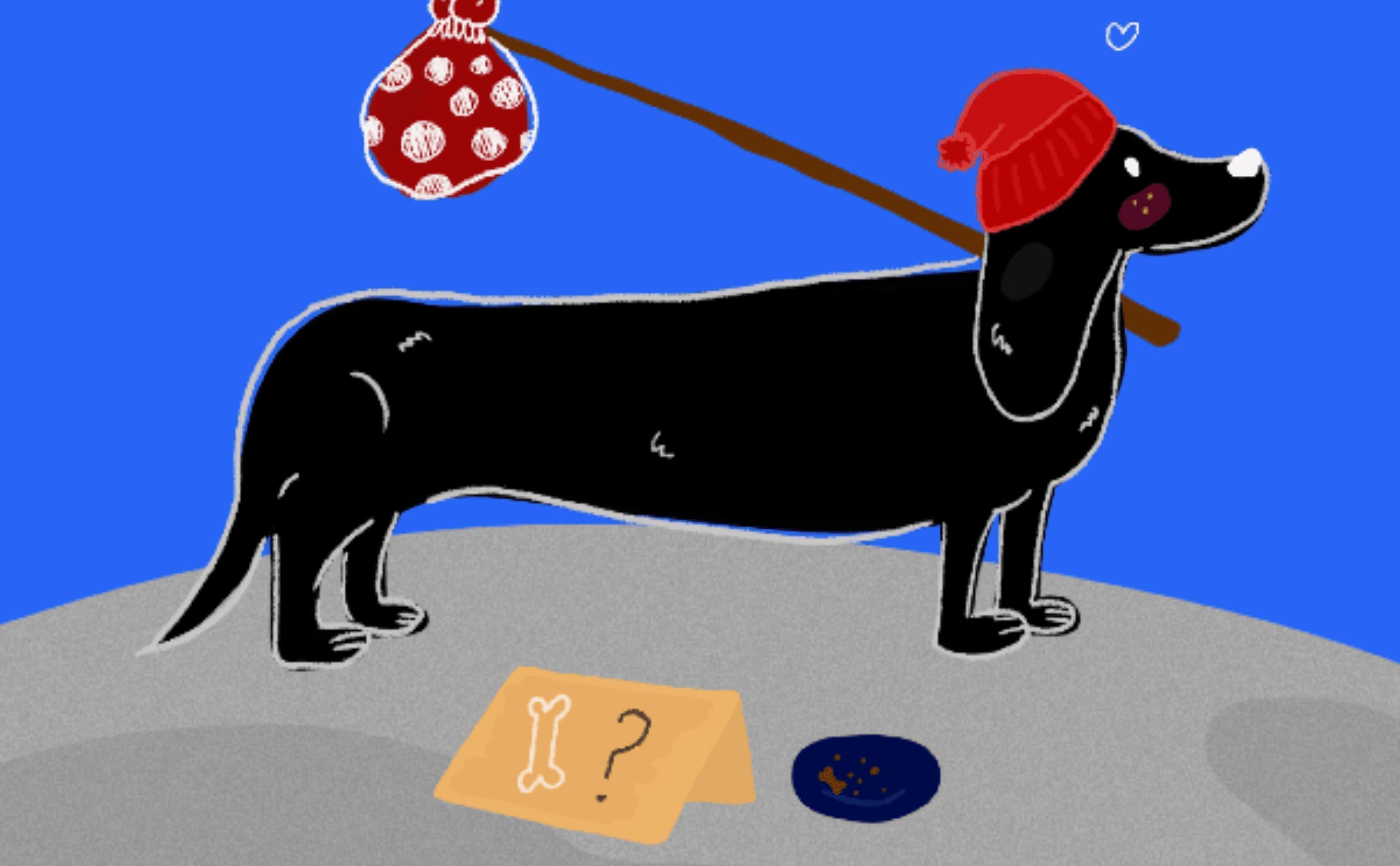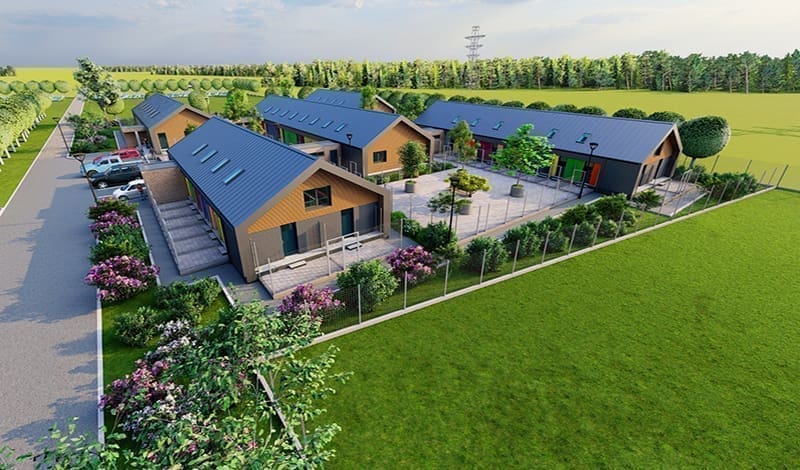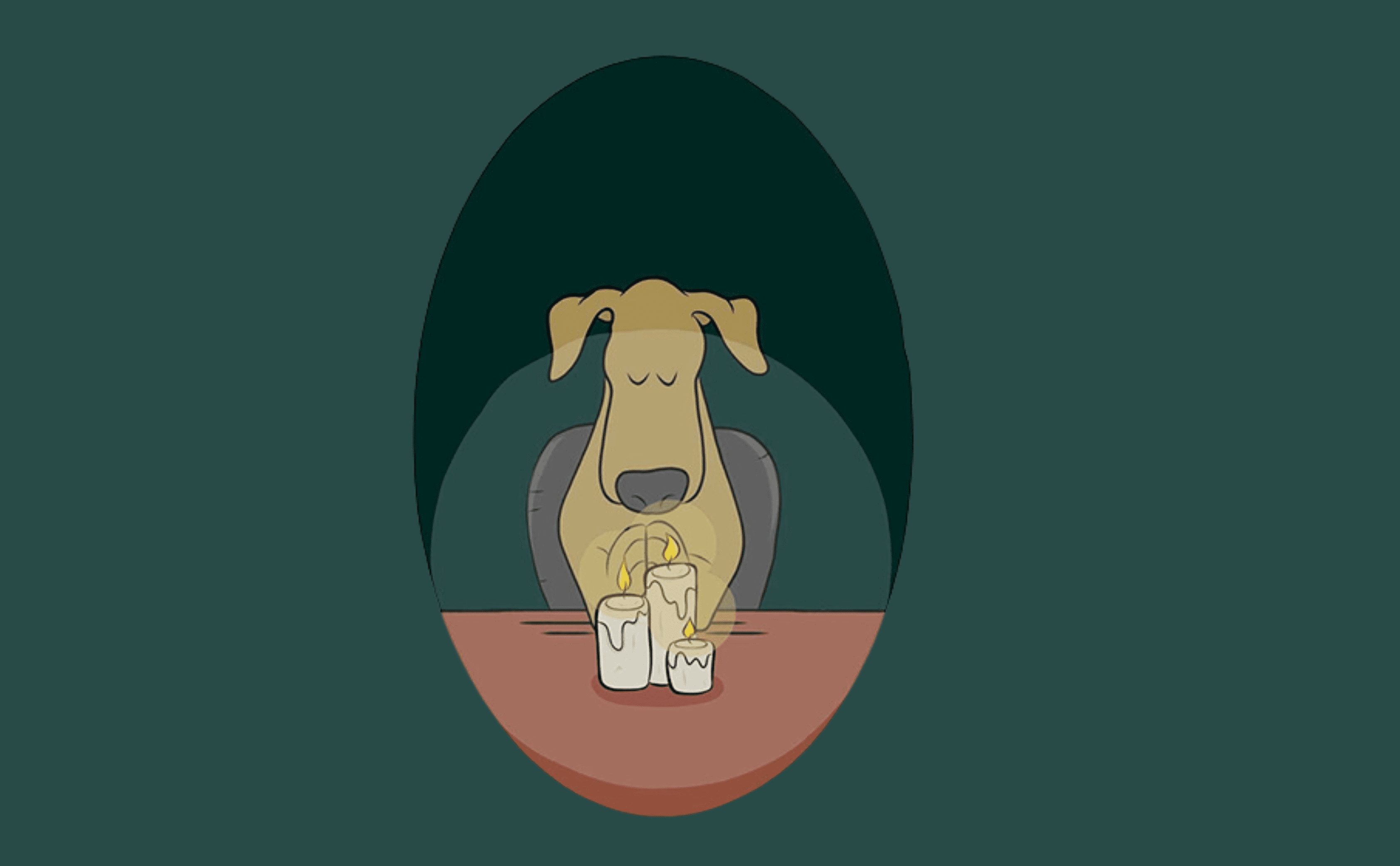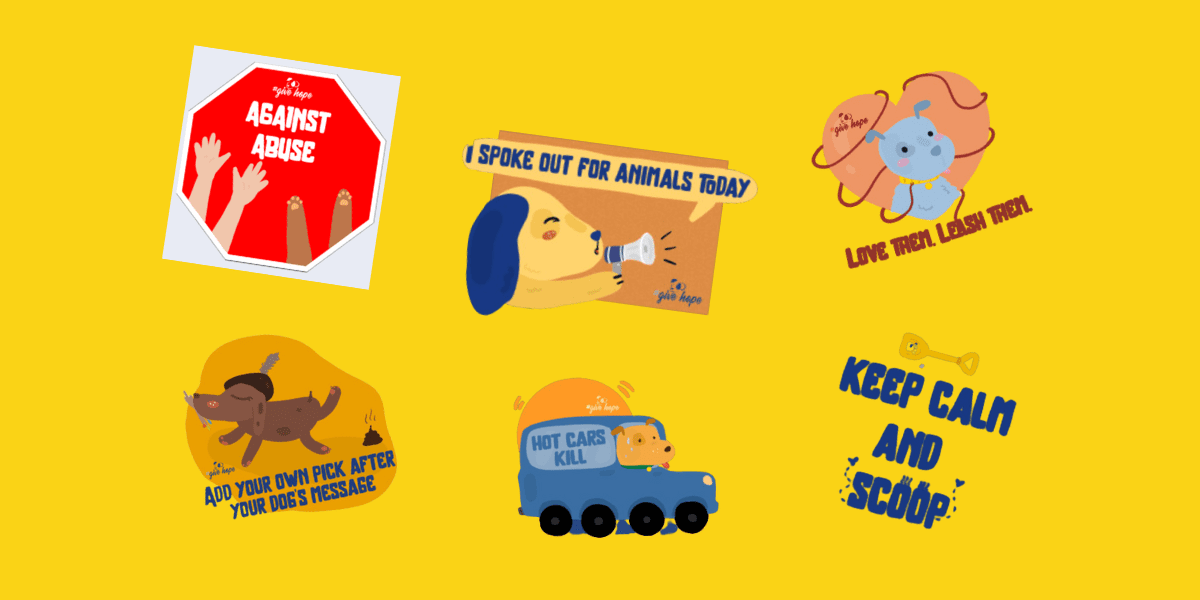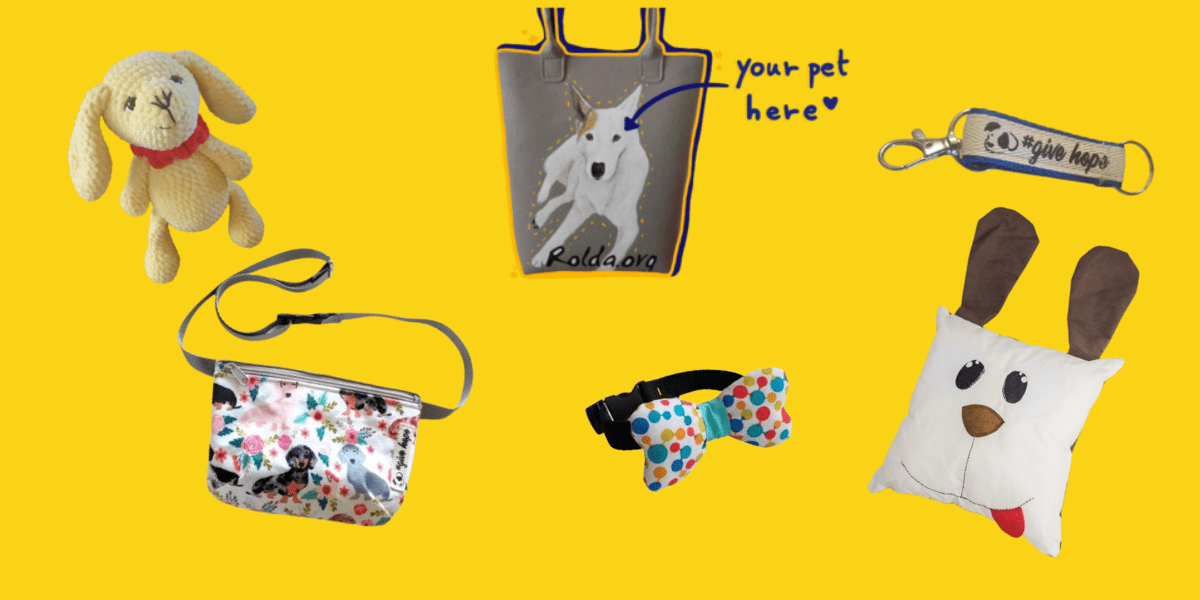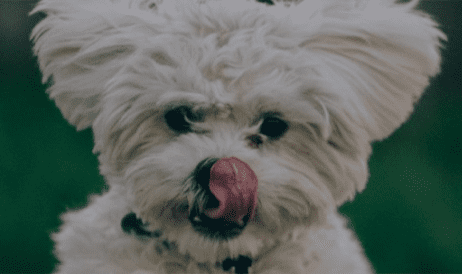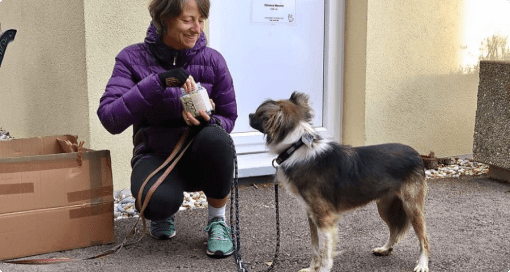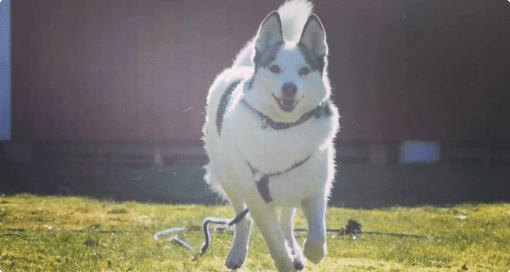Group Interaction vs. One-on-One Interaction
Individual attention is important in details: from eye contact, which should or shouldn’t happen (depending on the dog) and continuing to every clue that a dog (that used to be a stray for his whole life, totally independent and acting like a wild animal) can give in a human’s presence.
Individual attention from an owner or caregiver is important to dogs of all ages. How a dog behaves is strongly influenced by human contact. It is difficult to evenly distribute attention and affection to even a handful of dogs and completely impossible in large groups. A calm, caring and assertive influence can radically change a dog’s behavior, especially over time.
The small details are important: eye contact (depending on the dog), touching consistent with how much the dog enjoys being touched, consistent and fair expectations behavior, the tone and volume of our voices, our body language and how to approach a dog all to contribute to trends in behavior.
ROLDA assesses each dog’s behavior alone, in the context of the group with other dogs and one-on-one with one of our team.
 non-US support +44 (0)161 531 8801
non-US support +44 (0)161 531 8801



